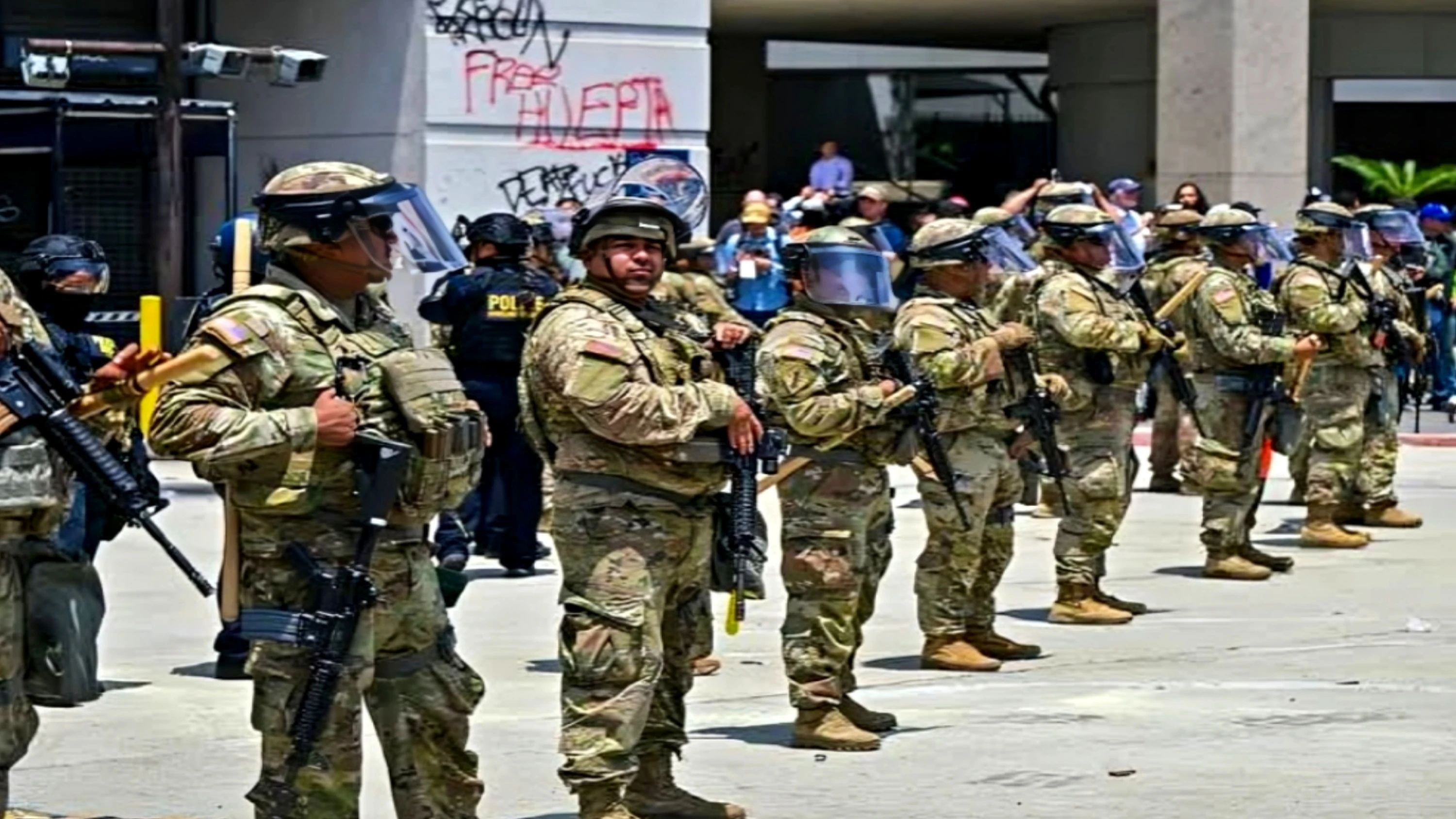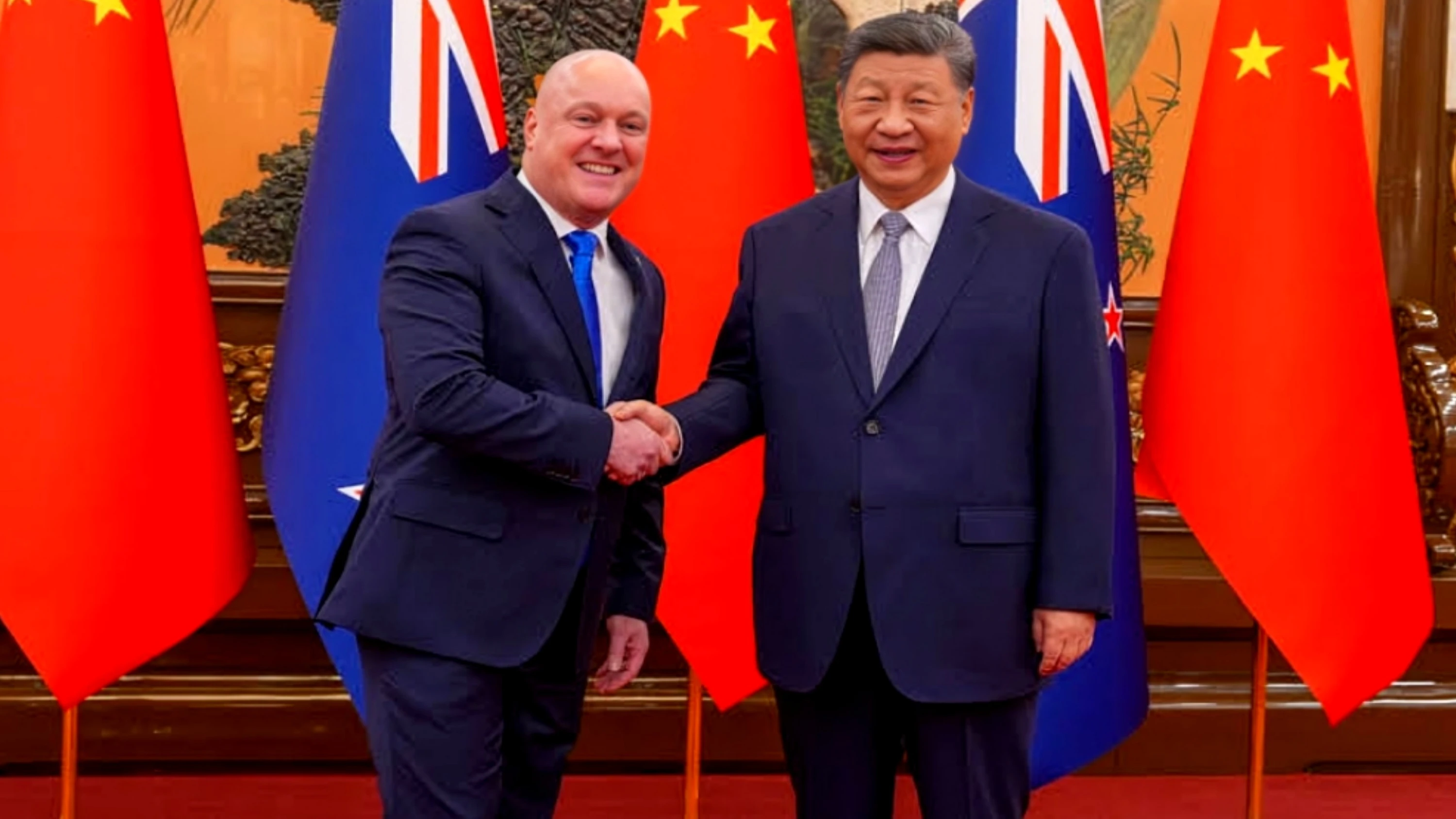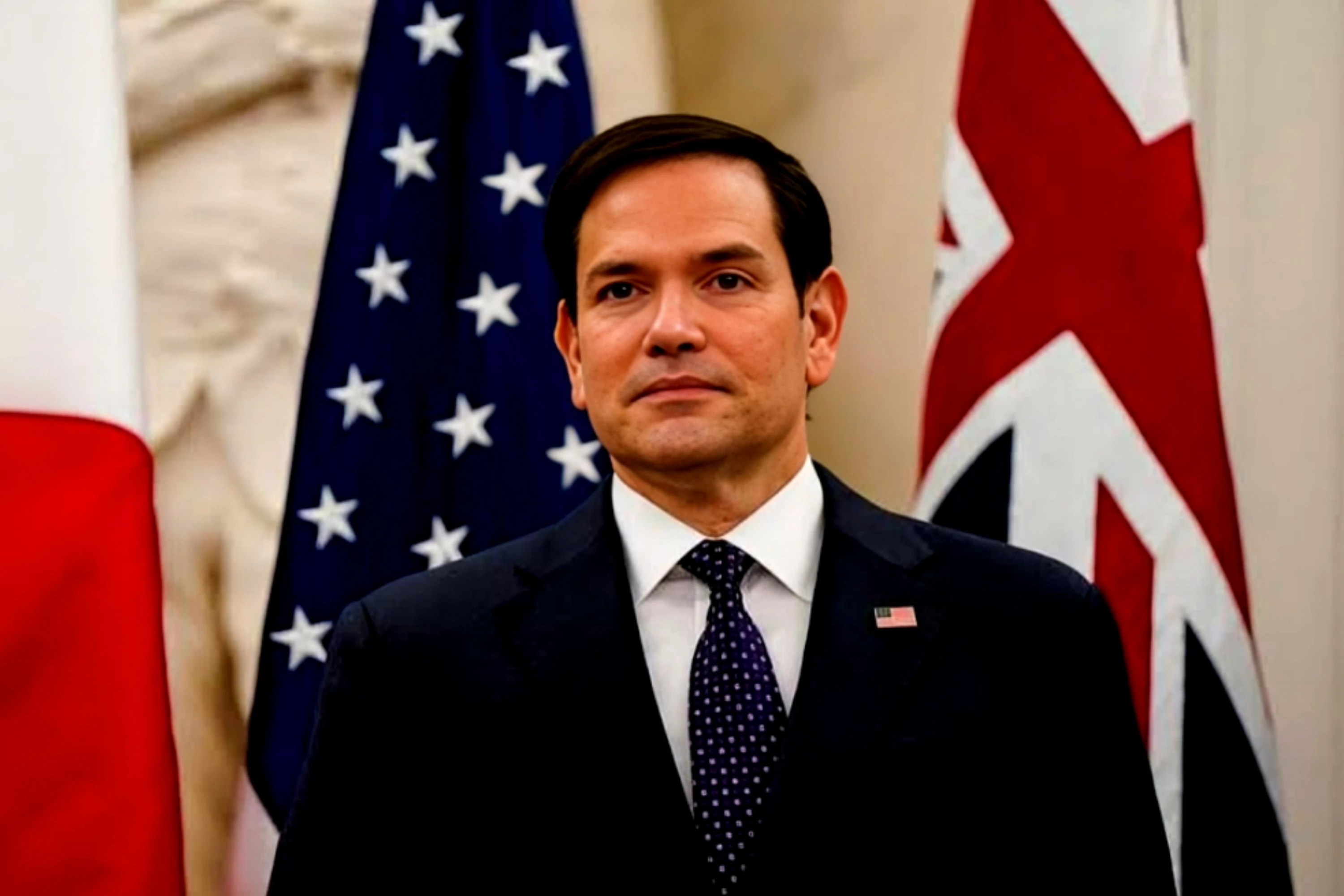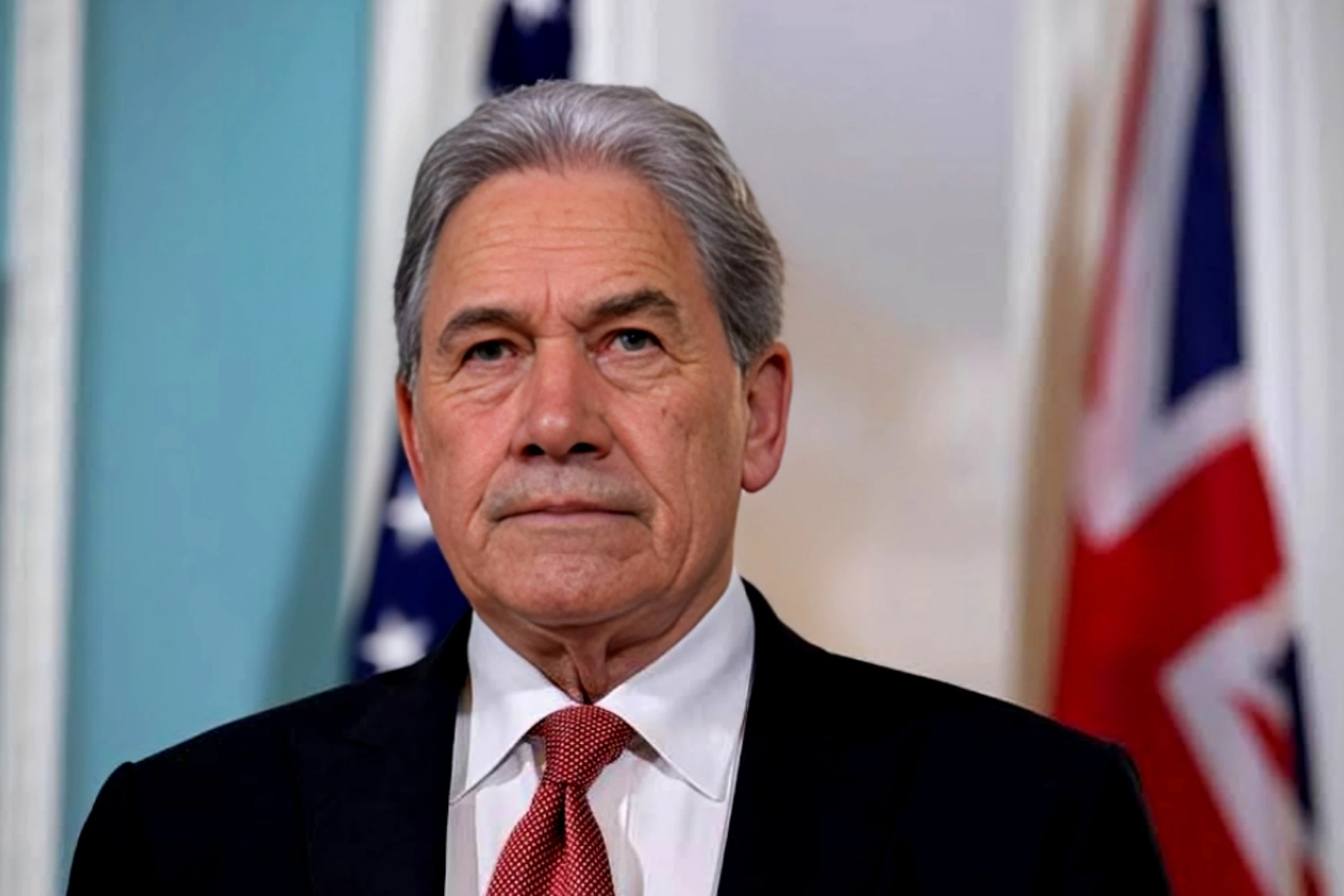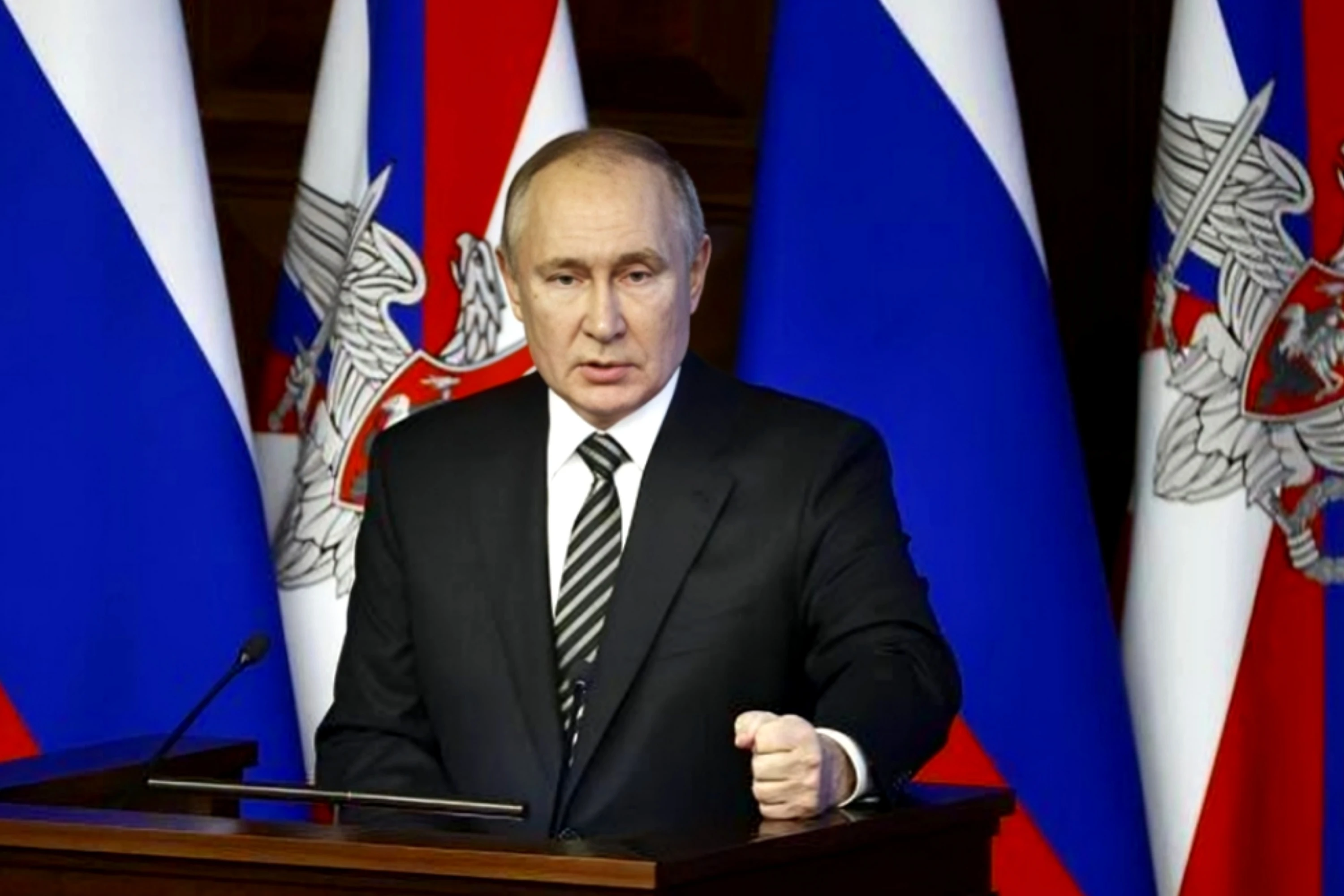Los Angeles: A federal appeals court on Thursday permitted President Donald Trump to maintain authority over California’s National Guard while Democratic Governor Gavin Newsom moves forward with a lawsuit challenging the controversial deployment of troops in Los Angeles.
The dispute stems from Trump’s decision earlier this month to federalize the California National Guard and deploy 4,000 troops in response to protests linked to his immigration policies. The action sparked national controversy over the president’s use of military force on U.S. soil and escalated political tensions in California, the nation's most populous state.
A three-judge panel from the 9th U.S. Circuit Court of Appeals in San Francisco extended a temporary hold on U.S. District Judge Charles Breyer’s June 12 ruling, which had found Trump’s deployment unlawful. Breyer previously determined that the Trump administration failed to adequately coordinate with Governor Newsom and lacked the legal justification—such as a rebellion or significant threat to federal authority—to take such action.
However, the appeals court indicated that Trump likely acted within his constitutional powers. The panel stated that even if full coordination with the governor was absent, federal law does not give state leaders veto power over a president’s decision to mobilize the National Guard.
The court emphasized that while the president may have authority to federalize the Guard, the ruling does not determine whether those troops can legally engage in specific activities, particularly those resembling domestic law enforcement—an area restricted by federal law.
Governor Newsom, who filed the lawsuit seeking to regain control over the Guard, responded to the ruling on X (formerly Twitter), vowing to continue the legal fight. “The president is not a king and is not above the law,” Newsom wrote.
In contrast, Trump celebrated the decision on Truth Social, framing it as a victory for national security. “We will continue to protect and defend law-abiding Americans,” he stated, adding that federal action is necessary when local authorities fail to maintain order.
The legal battle originated from Newsom’s lawsuit, which claims that Trump’s mobilization of troops infringed upon California’s sovereignty and violated laws prohibiting federal military involvement in civilian law enforcement. The case also challenges Trump’s separate deployment of 700 U.S. Marines to Los Angeles—a matter Judge Breyer has yet to rule on.
The 9th Circuit panel, composed of two Trump appointees and one appointed by President Joe Biden, questioned both sides earlier this week on whether courts have the authority to review a president’s decision to deploy military forces domestically.
Under federal law, a president can federalize state National Guard troops under specific conditions, including invasion, rebellion, or an inability of law enforcement to enforce federal laws. The appeals court concluded that the final condition may have applied, citing violent protest actions such as vandalism, Molotov cocktails, and attacks on federal property.
While the Justice Department argued that a president’s emergency determination is beyond judicial review, the appeals court rejected this sweeping claim, suggesting courts do have a role in checking executive power.
Los Angeles Mayor Karen Bass has since lifted the citywide curfew following the easing of protests. The ongoing legal proceedings are set to continue Friday with a hearing before Judge Breyer, where Newsom’s legal team may explore further legal avenues to contest Trump’s military deployment.


